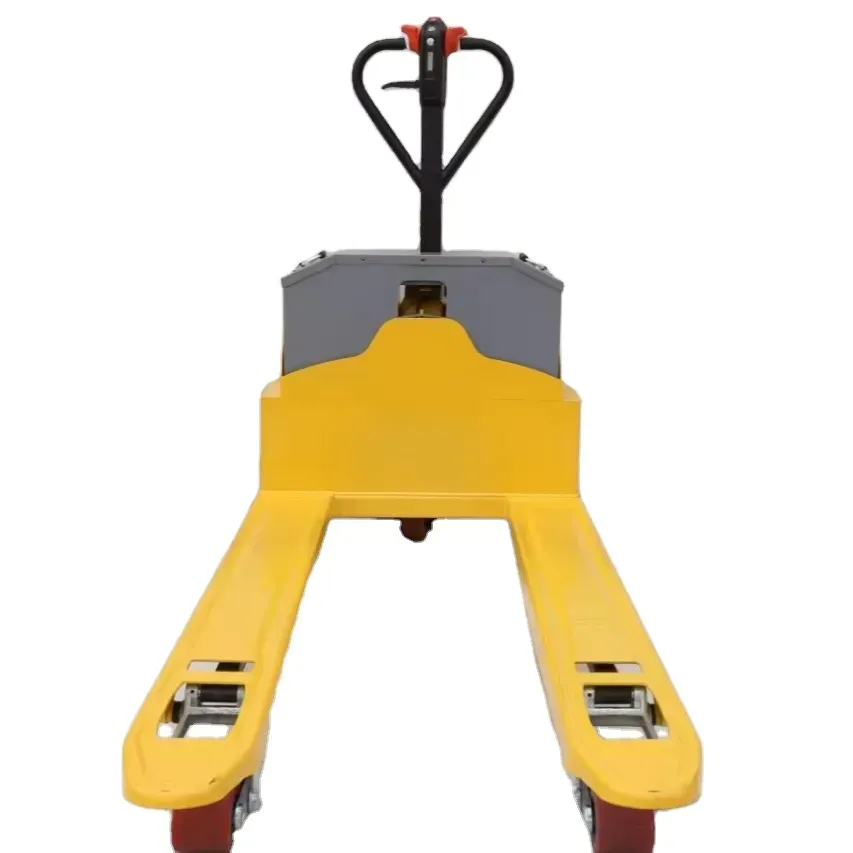


Understanding the Hanging Crane Scale A Essential Tool for Various Industries
In the modern industrial landscape, accurate measurement is vital for operational efficiency, safety, and productivity. Among the myriad of tools available, the hanging crane scale stands out as an essential device in various sectors, from construction and manufacturing to shipping and logistics. This article delves into the fundamental aspects of hanging crane scales, covering their functionality, benefits, and applications.
What is a Hanging Crane Scale?
A hanging crane scale, also known as a digital crane scale or hanging scale, is a type of weighing device designed to measure the weight of heavy loads suspended from a hook. The scale typically consists of a heavy-duty hook and a digital display, allowing users to see the weight of the load in real-time. These devices are often equipped with an internal load cell that converts the force exerted by the weight into an electrical signal, which is then processed to display the weight on the screen.
Functionality and Features
Hanging crane scales come in a variety of models and capacities, ranging from light-duty scales capable of measuring a few hundred pounds to heavy-duty industrial scales that can handle several tons. Key features of these scales include
1. Digital Display Most modern hanging crane scales have a digital display that provides clear and easy-to-read weight measurements. Some models offer backlighting, making them usable in low-light environments.
2. Wireless Connectivity Advanced models offer Bluetooth or Wi-Fi connectivity, enabling data transfer to computers or smartphones for record-keeping and analysis.
3. Battery Operated Portability is crucial in many industrial applications, and many hanging crane scales are battery-operated, providing convenience without being tethered to a power source.
4. Durability Designed to withstand harsh conditions, quality hanging crane scales often feature robust housing, making them resistant to dust, moisture, and shock.

Benefits of Using Hanging Crane Scales
1. Accuracy Hanging crane scales are highly accurate, allowing businesses to maintain precise records of weights for inventory management and safety compliance.
2. Efficiency With the ability to quickly weigh heavy loads, these scales enhance operational efficiency, saving time during loading and unloading processes.
3. Versatility Suitable for a wide range of industries, hanging crane scales are used in construction sites, warehouses, factories, and shipping docks, making them a versatile tool for various applications.
4. Ease of Use Designed for simple operation, hanging crane scales can be used by individuals with minimal training, promoting workplace safety and efficiency.
5. Cost-Effectiveness Given their reliability and accuracy, investing in a hanging crane scale can lead to long-term cost savings by minimizing waste and ensuring compliance with regulatory standards.
Applications Across Industries
Hanging crane scales find applications in numerous fields. In the construction industry, they are used to weigh materials for accurate project planning. In the shipping sector, accurate weight measurements are crucial for cargo loading, ensuring that weight limits are adhered to for safety during transit. Manufacturing industries utilize hanging crane scales to manage raw material inputs and outputs effectively, while warehouses depend on them for inventory management.
Conclusion
In conclusion, the hanging crane scale is an indispensable tool across various industries, offering a perfect blend of accuracy, efficiency, and durability. As industries continue to evolve, the demand for reliable weighing solutions remains significant. Investing in high-quality hanging crane scales can help organizations improve their operational processes, ensure compliance, and enhance overall productivity. Whether you are in the manufacturing sector, logistics, or construction, a hanging crane scale is a wise addition to your toolkit.



